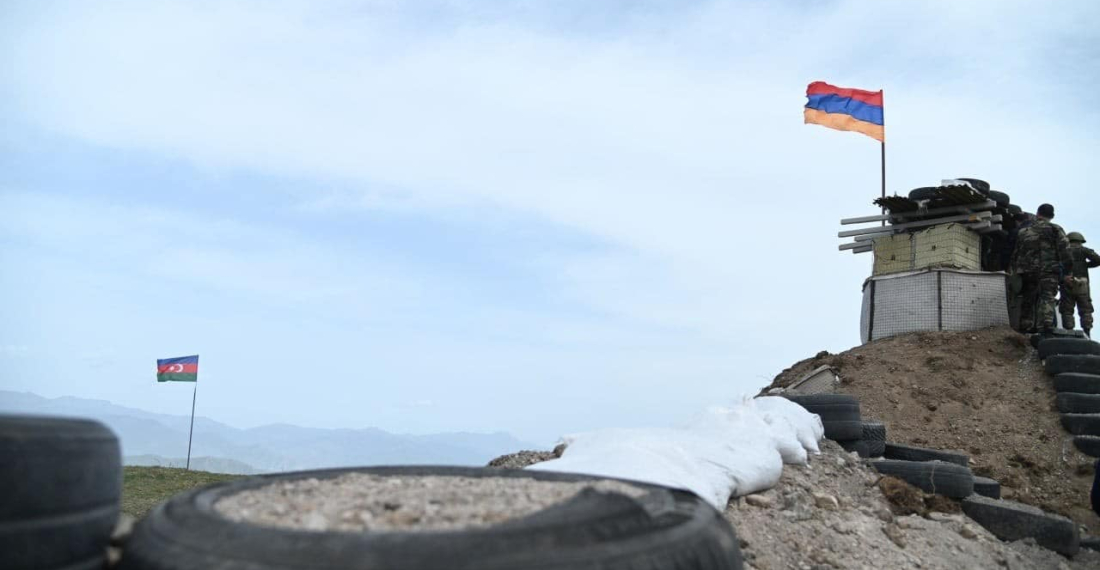Armenia and Azerbaijan have reported incidents on their border in the last twenty four hours as a result of which there are several casualties, including four dead Armenian soldiers..
In the first incident, on Monday 12th February in the afternoon, Azerbaijan reported that one of its border guards, Parviz Khalizadeh, aged 24 years, was hit by a sniper bullet fired from an Armenian post in the Syunik region. Armenia said that it was investigating the incident.
Later, Azerbaijan reported that Armenian forces, between 2050 and 2340 on Monday, had fired at its positions in the northern sector of the common border. No casualties were reported. The Armenian Ministry of Defence strongly denied the claim.
This morning (Tuesday 13th), Azerbaijan reported that it had conducted a "retaliatory operation" against the Armenian military post from where the sniper bullet had been fired on Monday near the settlement of Nearkin Hand in the Siyunik region. Armenia confirmed that Azerbaijan had opened fire at 0530 as a result of which four Armenian soldiers were killed and and one more wounded.
The four Armenian soldiers who died were named as Eduard Harutyunyan, Gagik Manukyan, Arsen Hambardzumyan, and Hrach Hovhanissian.
Both sides held each other responsible for the incidents.
source: commonspace.eu with agencies
photo: The Armenia-Azerbaijan border (archive picture)







